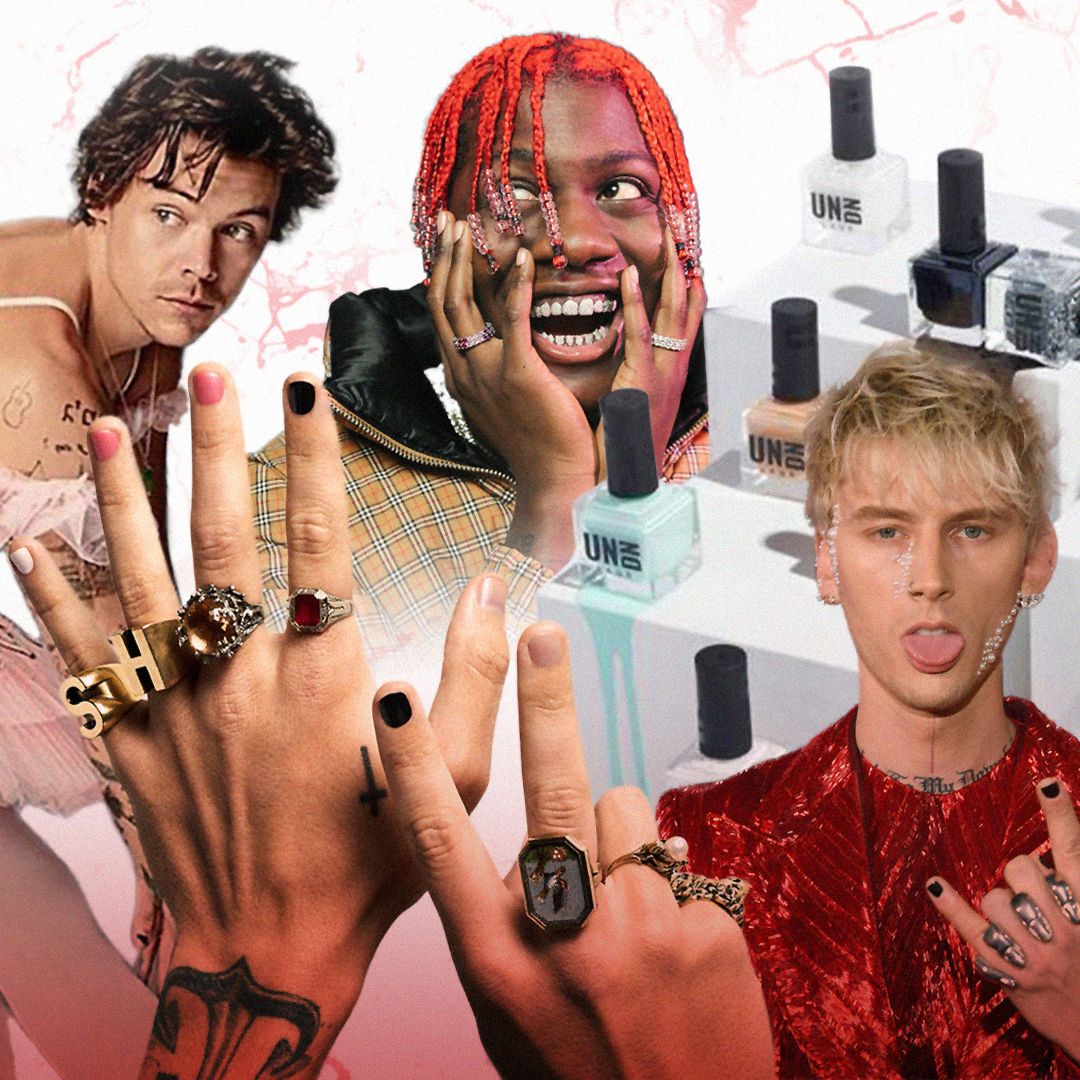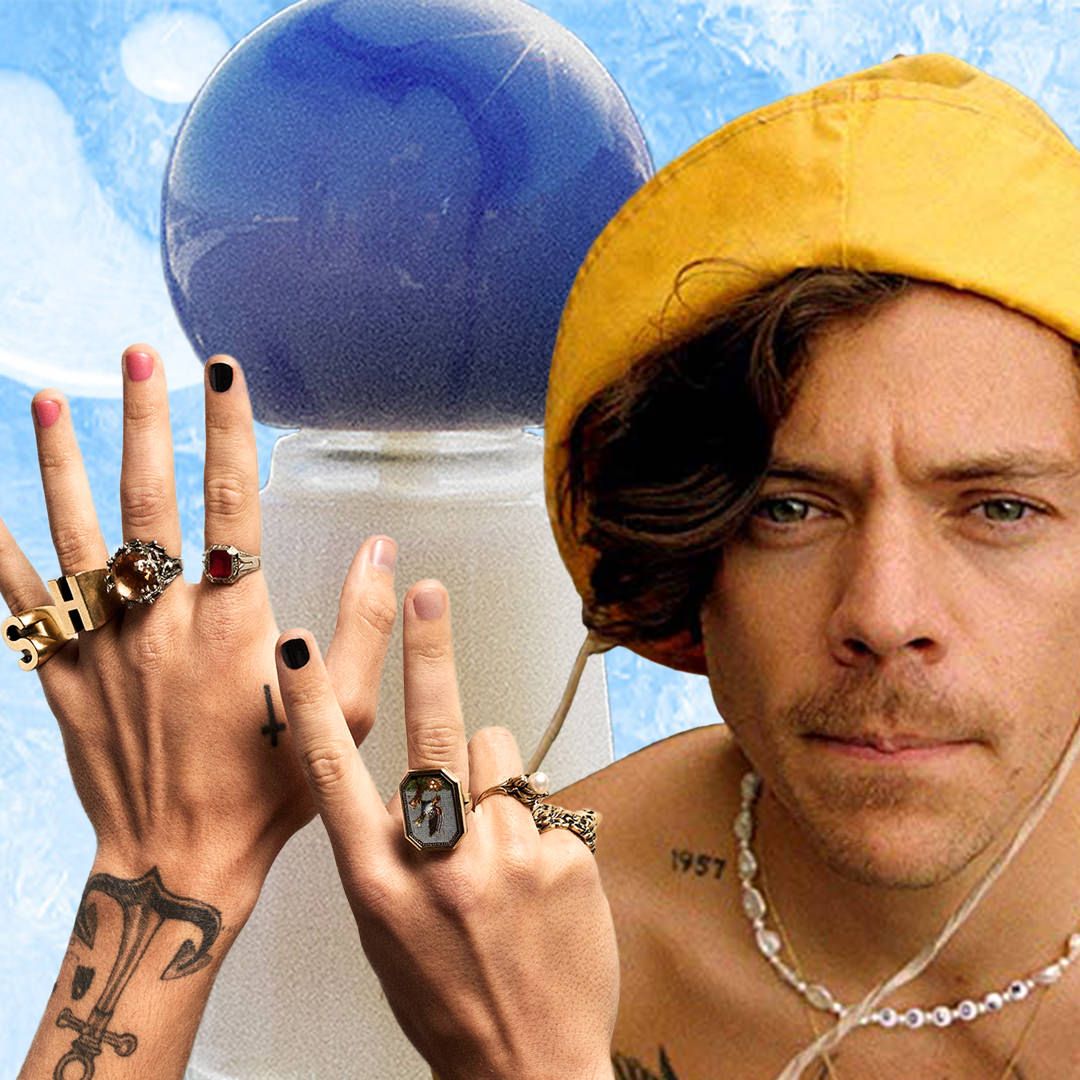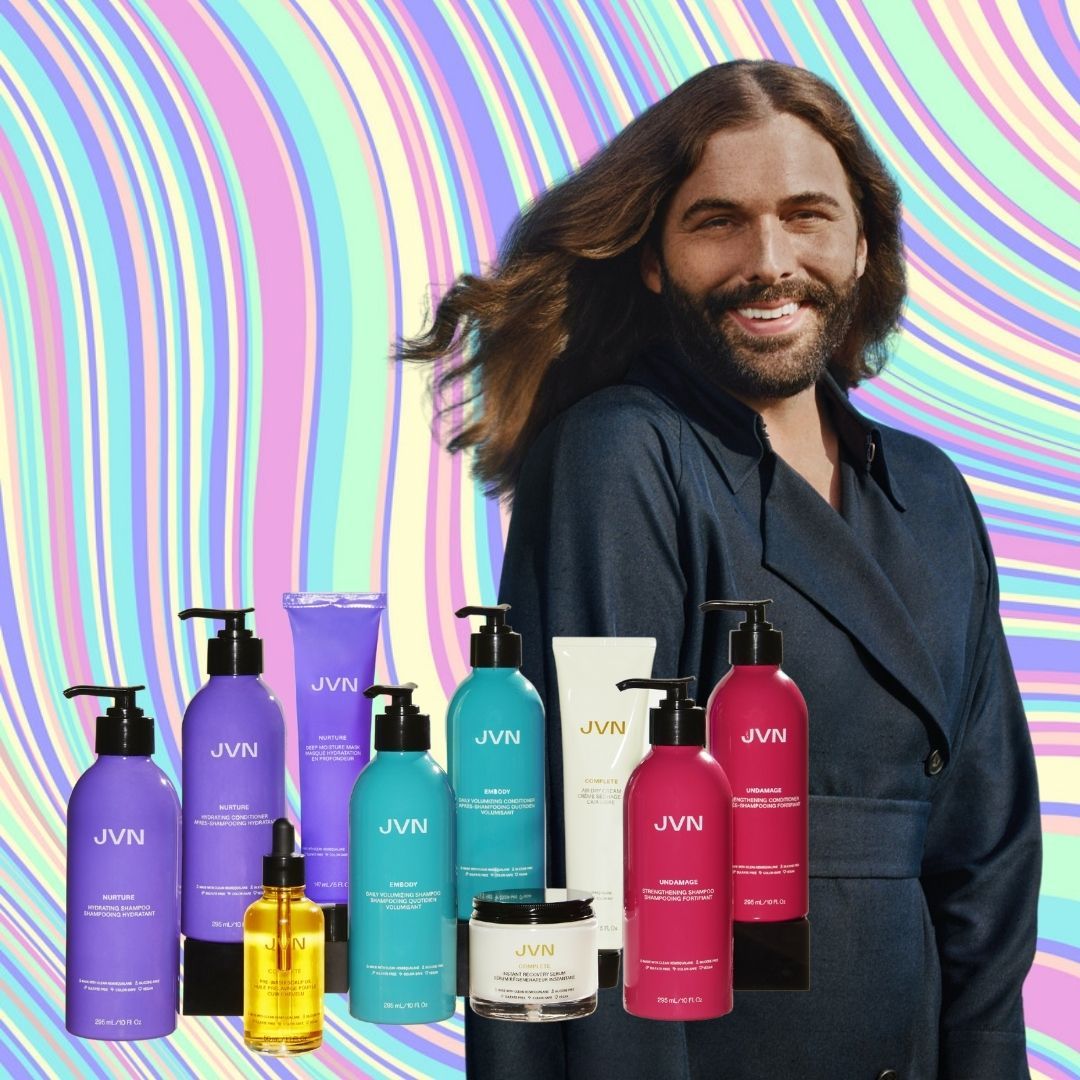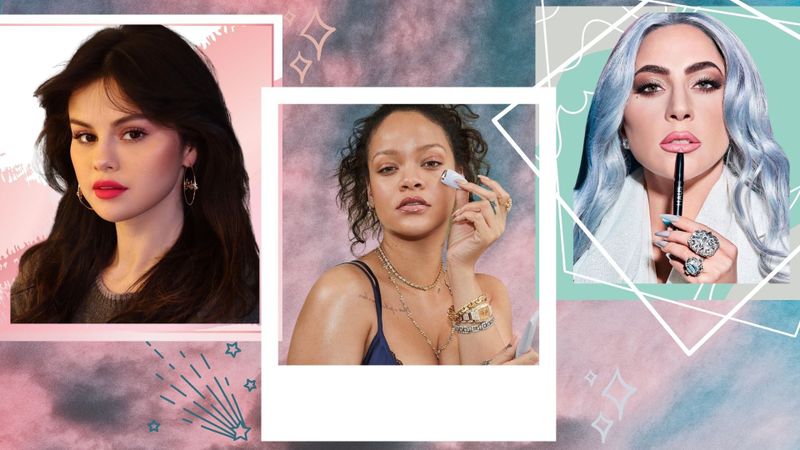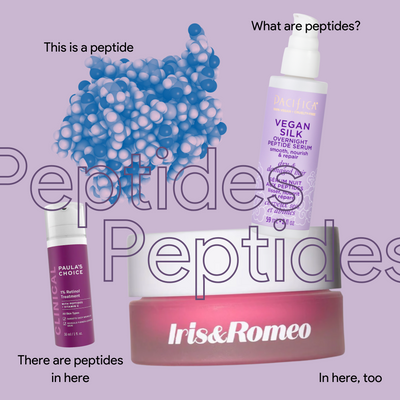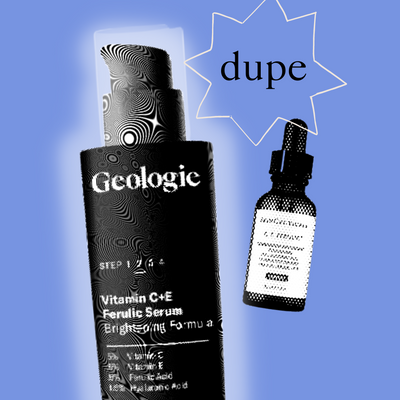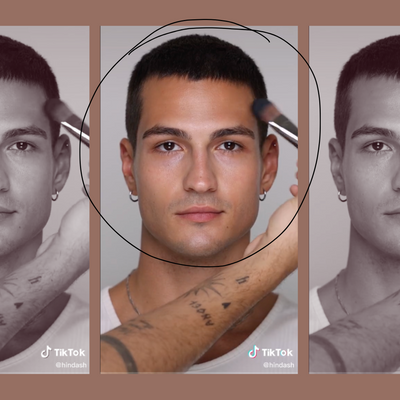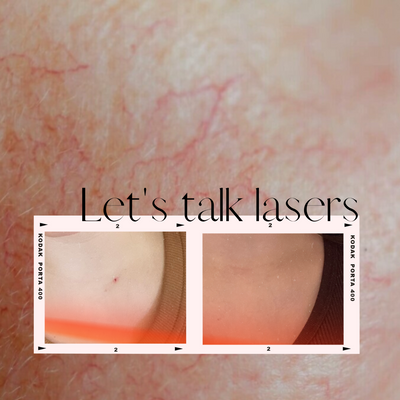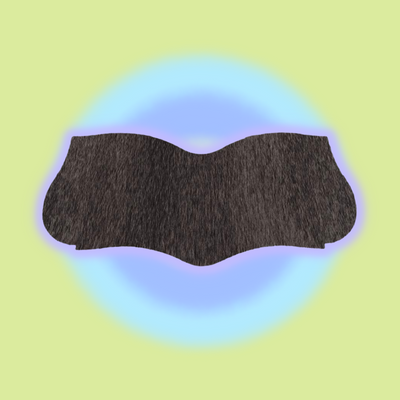It’s 2017 and Fenty Beauty just launched with a revolutionary 40 foundation shades alongside contour sticks, lip gloss, brushes, and high-voltage highlighters. You just had to be there.
The launch brings the beauty industry to its knees, as reporters, influencers, and fans began praising Rihanna for her innovation and creating the most inclusive beauty brand at launch that the world has ever seen. Fenty Beauty became the standard for high-quality, affordable makeup available in a diverse range of shades. It also just happened to be founded by a celebrity.
Aside from the overwhelmingly positive reviews, the launch was an immediate success. In her cover interview with Vogue, Rihanna revealed that in the first 40 days of Fenty’s launch, the makeup company reportedly made $100 million in sales.
Fenty Beauty became the blueprint for celebrity beauty brands that followed, and there were many that followed. But none would quite reach legendary Fenty Beauty-level lore. Though many have tried, including Haus Laboratories by Lady Gaga, Rare Beauty by Selena Gomez, and most recently, About-Face by Halsey. However, new data from consumer intelligence firm Spate reveals that replicating Rihanna’s success is proving to be difficult, even for the aforementioned celebrities who many would classify as megastars in their own right.
Interest in celebrity beauty brands is on the decline
According to Spate, searches for Lady Gaga’s Haus Beauty dramatically declined over the last year at -29.8 percent. Related searches, which indicate what’s driving consumer interest, have also decreased, placing the brand in Spate’s “Falling Star” category, which is representative of fads that have reached their peak and have started to decline rapidly.
Rare Beauty appears to share the same fate. Although the brand just launched this year, related searches for Rare Beauty also fall into the “Falling Star” category, with the average monthly search volume for the brand down almost 80,000 from 2020.
Spate data shows that even a “legacy” celebrity beauty brand like Kylie Cosmetics (launched in 2015) might be headed out of style. Searches for the brand are down -58 percent year-over-year and predicted to be down another -51 percent in 12 months. Spate also places a “Falling Star” distinction on a whopping 23 products from the brand, indicating that multiple offerings from the brand are falling out of favor with consumers.
It’s important to note that Haus Beauty, Rare Beauty, and Kylie Cosmetics are all color cosmetics brands, which were hit particularly hard as a result of the COVID-19 pandemic. The NPD Group reports that U.S. sales of prestige makeup totaled $869 million in Q2, a 52% decline year-over-year. The pandemic affected every industry, including cosmetics, but some might argue that a catastrophic economic event such as a pandemic acts as an accelerator, speeding up what is the inevitable demise of brands that didn’t have a strong fan base or business model to rise to success in the first place.
Beauty brands on the rise
If celebrity beauty brands aren’t popular, what brands are? Per Spate data, brands like Tower 28, Milk Makeup, and Uoma Beauty all experienced impressive growth over the past year, with searches for Tower 28 skyrocketing 222 percent. Spate classifies searches for Tower 28 as a “Sustained Riser,” indicating that the trend is a safe bet.
Searches for Milk Makeup’s Hydro Grip Primer is also a “Sustained Riser,” likely as a result of its popularity on TikTok. Uoma Beauty also thrived during the year of the pandemic, with searches increasing 33 percent year-over-year.
The success of these three color cosmetics brands in a year like 2020 proves that COVID is no excuse for lackluster sales, at least not entirely. It also shows that a celebrity name just isn’t enough to bolster sales, especially during challenging times.
The future of celebrity beauty brands
Is COVID the final nail in the coffin for celebrity brands? Likely, no. Jennifer Lopez launched JLo Beauty early this year, and beauty brands from stars like Hailey Bieber, Gwen Stefani, and Ariana Grande are all reportedly still to come. As the market becomes increasingly crowded, celebs will have to break out of the Fenty mold that is no longer working for them like it used to and differentiate their products through innovation and authenticity to gain the trust and business of their target audience.
Consumers today are too savvy to trust a brand just because of the celebrity name attached to it, and they have too many other options. The beauty industry will undoubtedly bounce back in the aftermath of COVID-19; the only question is, will it take celebrity beauty brands with it?
READ MORE LIKE THIS
